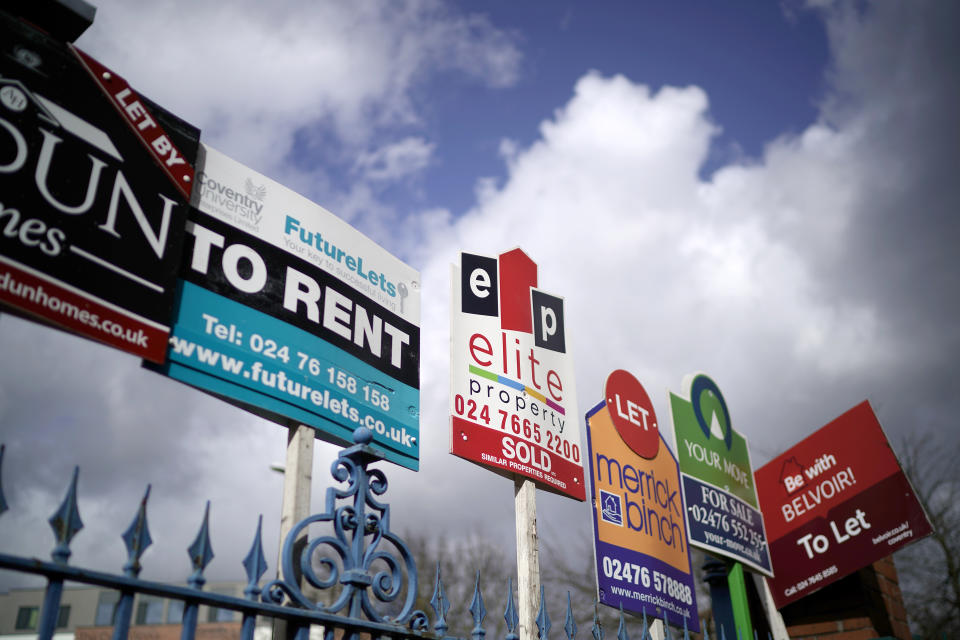Brexit delay may prompt another rise in UK property prices

UK house prices increased by the largest amount in over a year in the four weeks to 6 April, according to data from a benchmark index by property website Rightmove.
Data showed a 1.1% monthly rise in asking prices — adding £3,447 onto the average cost of buying a home. This was a significant improvement for homeowners compared to the usual seasonal rise of 0.1%.
The rise in house prices is indicative of buyers becoming more confident in the property market in at least the medium term. Rightmove’s data is based on property ads on its website. It says that this accounts for 90% of residential property on sale in Britain.
Over the past three years, property prices have been choppy due to the great uncertainty over the timing and impact of Brexit.
READ MORE: Are property raffles worth it?
While the EU referendum was in 2016 and Article 50, the two-year mechanism notifying that Britain would leave the EU, was triggered on 29 March 2017, the UK has still not officially sealed a deal or a date for its departure from the bloc.
Originally, the UK was meant to leave the EU on 29 March this year. UK prime minister Theresa May reached a deal with the EU but after three attempts to pass it through Britain’s parliament, politicians rejected the divorce agreement. This has led to back and forths with the EU for an extension to Article 50, in a bid to avoid a default no-deal Brexit. Currently, the extension is until 31 October this year.
However, the latest figures show tentative signs of confidence from buyers in the same month as the extension was announced. The more buyers there are in a strained supply market, the higher asking prices are likely to be.
If this trend were to continue, it could lead to a major uptick in property prices, given there is still a huge shortage of housing in Britain.

 Yahoo Finance
Yahoo Finance 
